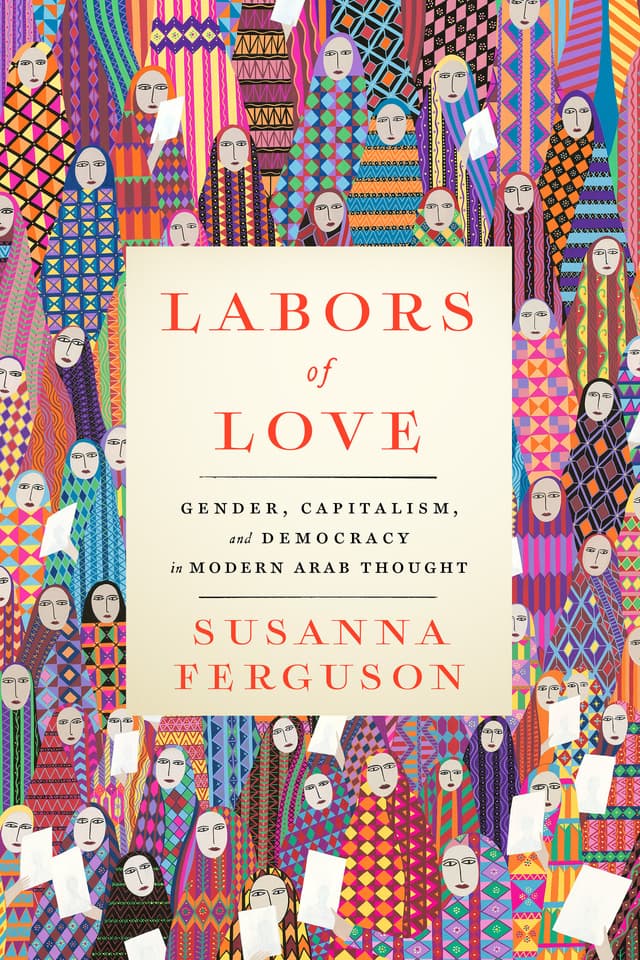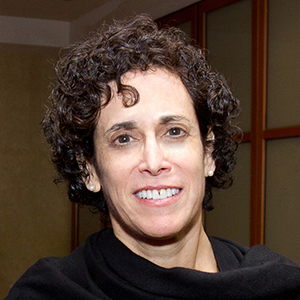Gender, Capitalism, and Democracy in Modern Arab Thought
hosted by Chris Gratien
| What does the history of modern Arab political thought look like from the perspective of women authors? In this podcast, we sit down with longtime Ottoman History Podcast contributor Susanna Ferguson to explore this question, which animates her new book Labors of Love: Gender, Capitalism, and Democracy in Modern Arab Thought. Previous scholarship has focused on the role of women in discussing the roles of women, but as Prof. Ferguson argues, women writers of the 19th and 20th century can also be studied as producers of social theory and commentators on the important matters of their era. In our conversation, we use the lens of public discourse about child-rearing or tarbiyah as a window onto ideas about a wide range of topics, including morality, labor, and democratic governance. In doing so, we consider the importance of seeing the Arab world as a source of portable ideas about modern society, as opposed to a merely passive recipient of Western modernity.
 | Click for RSS Feed | 
|

|
What does the history of modern Arab political thought look like from the perspective of women authors? In this podcast, we sit down with longtime Ottoman History Podcast contributor Susanna Ferguson to explore this question, which animates her new book Labors of Love: Gender, Capitalism, and Democracy in Modern Arab Thought. Previous scholarship has focused on the role of women in discussing the roles of women, but as Prof. Ferguson argues, women writers of the 19th and 20th century can also be studied as producers of social theory and commentators on the important matters of their era. In our conversation, we use the lens of public discourse about child-rearing or tarbiyah as a window onto ideas about a wide range of topics, including morality, labor, and democratic governance. In doing so, we consider the importance of seeing the Arab world as a source of portable ideas about modern society, as opposed to a merely passive recipient of Western modernity.
Contributor Bios
 |
Suzie Ferguson is Assistant Professor of Middle East Studies at Smith College. She writes and teaches on the history of gender, sexuality, and political thought in the modern Arab world. She is the author of Labors of Love: Gender, Capitalism, and Democracy in Modern Arab Thought (Stanford University Press). |
 |
Chris Gratien is Associate Professor of History at University of Virginia, where he teaches classes on global environmental history and the Middle East. His first book, The Unsettled Plain: An Environmental History of the Late Ottoman Frontier, explores the social and environmental transformation of the Adana region of Southern Turkey during the 19th and 20th century. |
Credits
Episode No. 569
Release Date: 30 September 2024
Recording location: Istanbul
Recording location: Istanbul
Sound production by Chris Gratien
Music: Chad Crouch - Pacing
Images and bibliography courtesy of Susanna Ferguson
Interviews by Susanna Ferguson
Images

Cover of al-Mar'a al-Jadida, Jan 1922 (Courtesy of Archives and Special Collections, American University of Beirut)

Labiba Hashim, from al-Mar'a al-Jadida, Sept 1923 (Courtesy of Archives and Special Collections, American University of Beirut)
Select Bibliography

Booth, Marilyn. May Her Likes Be Multiplied: Biography and Gender Politics in Egypt. Berkeley: University of California Press, 2001.
---- Classes of Ladies of Cloistered Spaces: Writing Feminist History through Biography in Fin-de-Siècle Egypt. Edinburgh: Edinburgh University Press, 2015.
---- The Career and Communities of Zaynab Fawwaz: Feminist Thinking in Fin-de-siècle Egypt. New York: Oxford University Press, 2021.
Baron, Beth. The Women's Awakening in Egypt: Culture, Society, and the Press. New Haven: Yale University Press, 1994.
Badran, Margot. Feminists, Islam, and Nation: Gender and the Making of Modern Egypt. Princeton: Princeton University Press, 1995.
Bhattacharya, Tithi. Social Reproduction Theory: Remapping Class, Recentering Oppression. New York: Pluto Press, 2017.
Cuno, Kenneth. Modernizing Marriage: Family, Ideology, and Law in Nineteenth- and Early Twentieth-Century Egypt. New York: Syracuse University Press, 2015.
Federici, Sylvia. Revolution at Point Zero: Housework, Reproduction, and Feminist Struggle. Brooklyn: PM Press, 2012.
Fraser, Nancy. "Behind Marx’s Hidden Abode: For an Expanded Conception of Capitalism." New Left Review 86 (2014).
Thompson, Elizabeth. Colonial Citizens: Republican Rights, Paternal Privilege, and Gender in French Syria and Lebanon. New York: Columbia University Press, 2000.
Pollard, Lisa. Nurturing the Nation: The Family Politics of Modernizing, Colonizing, and Liberating Egypt, 1805-1923. Berkeley: University of California Press, 2005.
Zachs, Fruma and Sharon Halevi, Gendering Culture in Greater Syria: Intellectuals and Ideology in the Late Ottoman Period. New York: I.B. Tauris, 2015.






















































Comments
Post a Comment
Due to an overwhelming amount of spam, we no longer read comments submitted to the blog.